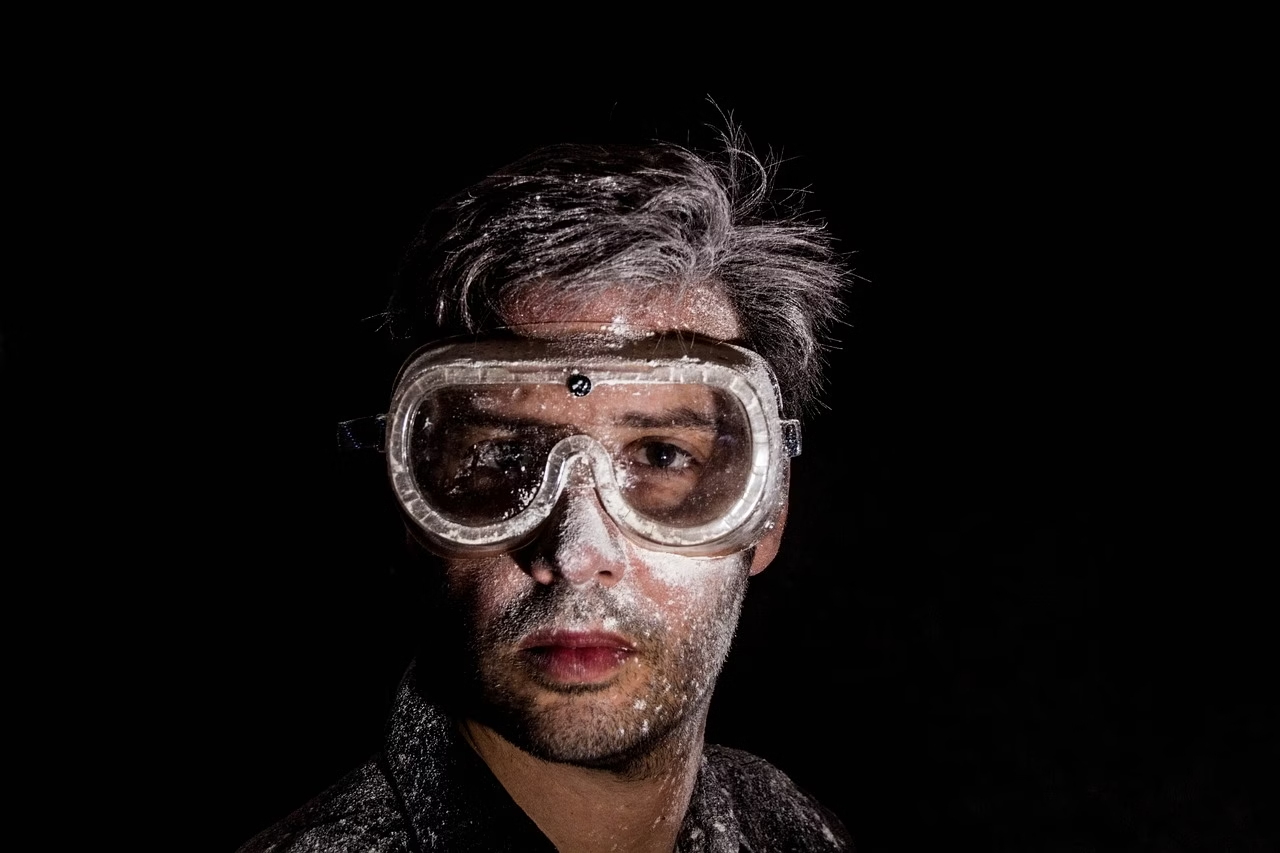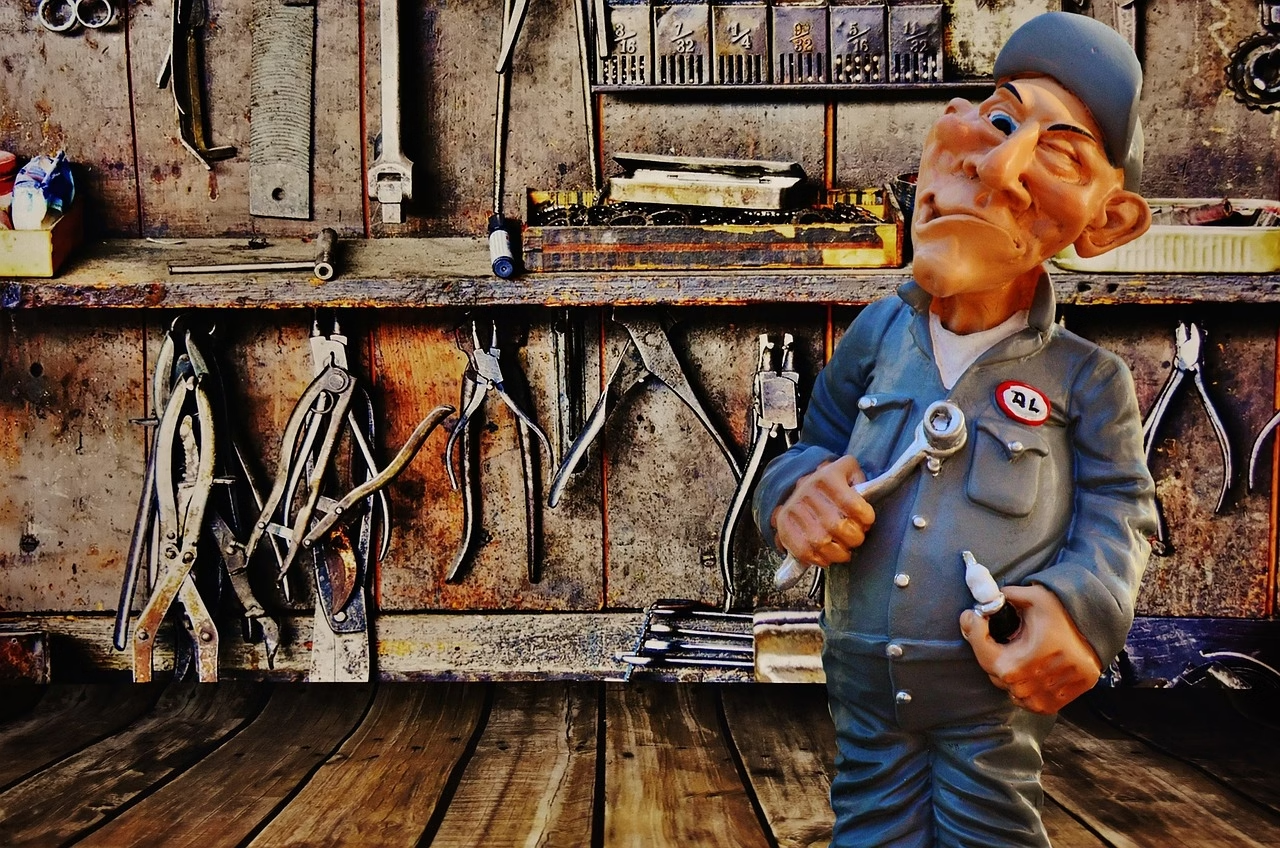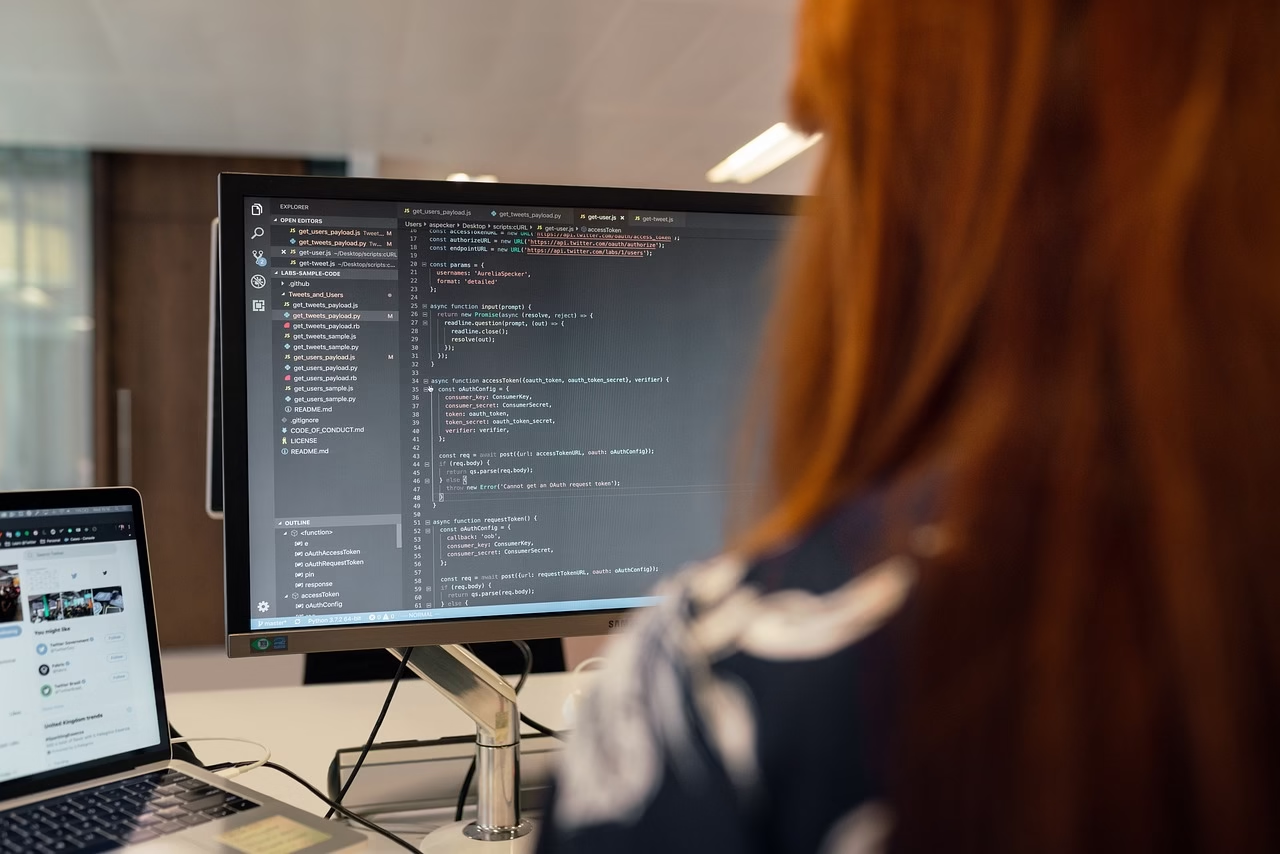“Blended Work: Navigating the Integration of AI Co-Workers a
June 17, 2025 | by Ethan Rhodes

Blended Work: Navigating the Integration of AI Co-Workers and Human Collaboration
I’ve spent years helping teams and organizations adapt to change, but I’ll admit — the rise of AI “co-workers” is one of the most exciting shifts I’ve witnessed. We’re officially in the era of blended work, where algorithms and humans collaborate on everything from brainstorming creative concepts to crunching massive data sets. This isn’t just about using smarter tools; it’s about fundamentally changing the way we work, think, and interact. And it’s happening fast.
The Human-AI Dynamic: Not a Rivalry, But a Remix
First, let’s ditch the battle mentality. AI isn’t here to replace us (and let’s be honest, who wants to automate empathy, negotiation, or a great brainstorm session?). Instead, AI is an amplifier — boosting our insights, giving us back time, and helping us make decisions with more clarity.
Strategies for Working Alongside AI (and Thriving)
1. Lean Into What Can’t Be Automated
The humans in a blended workplace bring what machines can’t — emotional intelligence, big-picture thinking, and nuanced judgment. This is your superpower. Use AI to handle the groundwork (think: analysis, scheduling, drafting), then step in with your expertise to guide, refine, and deliver final results.
- Use chatbots for FAQs, but personalize the tough conversations yourself.
- Let AI organize project data, then lead creative sessions to interpret or pivot strategies.
2. Build AI Literacy — Fast
You don’t need to code, but you do need to understand what AI can do (and what it can’t). Knowing the difference between generative AI, automation tools, and analytics is the new “digital literacy.” The faster you experiment, the more you’ll find areas of friction that can be smoothed, and opportunities that others might miss.
3. Set Clear Boundaries & Roles (with Your AI!)
Just like you wouldn’t hire a new teammate and expect them to read your mind, your AI tools need boundaries. Set clear rules about what gets automated and what stays a human task. Document how information flows, who makes which decisions, and when a project needs a “human touch” review.
- Example: Let the AI draft customer surveys, but you’ll make the final call on sending them out.
- Create a “red flag” system for any AI-generated output that needs human validation.
4. Stay Action-Oriented — Iterate, Don’t Wait for Perfection
Blended work is a learning process. Some weeks, your AI tools will wow you. Other times, they’ll flop. Welcome that messiness. Every glitch is a clue to better workflows and stronger human-machine trust. Celebrate small wins, share lessons learned, and evolve your playbook as a team.
A New Era of Energy & Productivity
The blend of AI and human insight unlocks something special: the freedom to focus on what matters most, at a pace we could only dream of a few years ago. Human skills like empathy, vision, and creativity become more valuable — not less — when the busywork is stripped away. That’s the real promise of this blended future.
If you’re feeling overwhelmed by the pace of change, remember: you don’t have to master it all at once. Stay curious, support your colleagues, and give yourself permission to learn as you go. This is a journey worth taking — and one we get to shape, together.
Stay intentional. Stay human. Let’s build something better, one experiment at a time.
Ethan Rhodes — Workplace strategist and productivity coach

RELATED POSTS
View all



